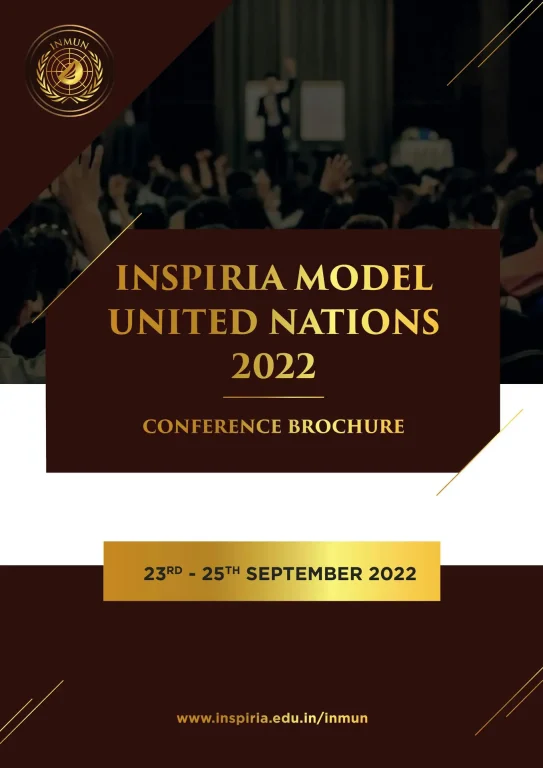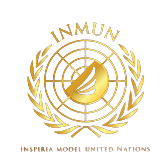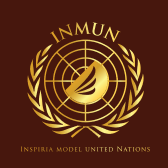
Spreading the
wings of awareness
Model United Nations (INMUN) brings youth together from around the world to learn and share ideas from a diverse set of experiences and backgrounds where the Executive board, International Press and International Delegates consolidate to learn about diplomacy, international relations, and the United Nations.
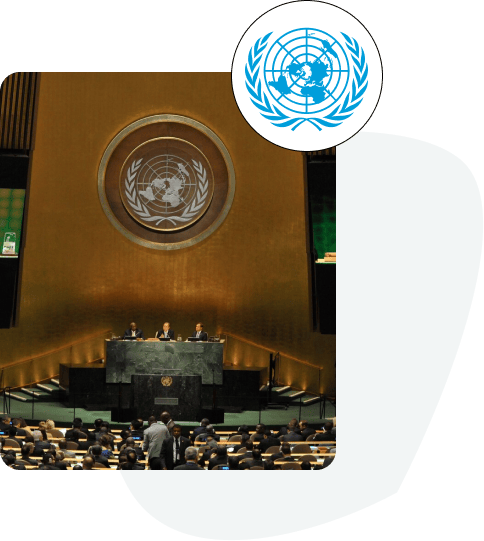
United Nations General Assembly Fourth Committee (SPECPOL)
The Special Political and Decolonization Committee (Fourth Committee) considers a broad range of issues covering a cluster of five decolonization-related agenda items, the effects of atomic radiation, questions relating to information, a comprehensive review of the question of peacekeeping operations as well as a review of special political missions, the United Nations Relief and Works Agency for Palestinian Refugees in the Near East (UNRWA), Israeli Practices and settlement activities affecting the rights of the Palestinian people and other Arabs of the occupied territories, and International cooperation in the peaceful uses of outer space.
United Nations Security Council
The Security Council has primary responsibility for the maintenance of international peace and security. It has 15 Members, and each Member has one vote. Under the Charter of the United Nations, all Member States are obligated to comply with Council decisions. The Security Council takes the lead in determining the existence of a threat to the peace or act of aggression. It calls upon the parties to a dispute to settle it by peaceful means and recommends methods of adjustment or terms of settlement. In some cases, the Security Council can resort to imposing sanctions or even authorize the use of force to maintain or restore international peace and security.
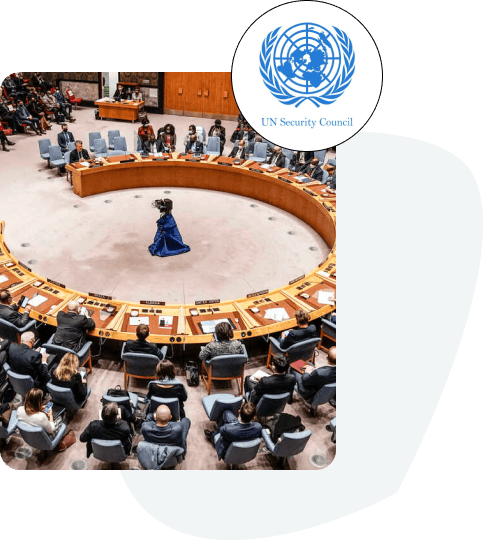
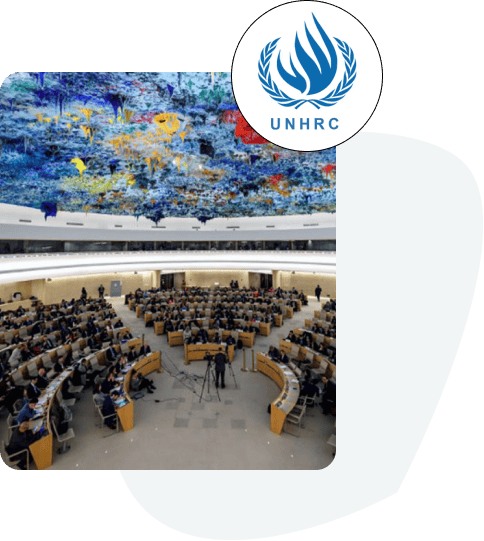
United Nations Human Rights Council
The United Nations Human Rights Council (UNHRC) is a United Nations body whose mission is to promote and protect human rights around the world. The Council has 47 members elected for staggered three-year terms on a regional group basis. The headquarters of the Council are at the United Nations Office at Geneva in Switzerland. The Council investigates allegations of breaches of human rights in United Nations member states and addresses thematic human rights issues like freedom of association and assembly freedom of expression freedom of belief and religion women’s rights LGBT rights and the rights of racial and ethnic minorities.
North Atlantic Treaty Organization (NATO)
The North Atlantic Treaty Organization, also called the North Atlantic Alliance, is an intergovernmental military alliance between 30 member states – 28 European and two North American. The organization was founded after World War II and implements the North Atlantic Treaty, which was signed in Washington, D.C., on April 4, 1949. NATO is a system of collective security: its independent member states agree to defend each other against attacks by a third party. During the Cold War, NATO functioned as a check on the perceived threat posed by the Soviet Union. The alliance remained in place after the collapse of the Soviet Union and was involved in military operations in the Balkans, the Middle East, South Asia and Africa.
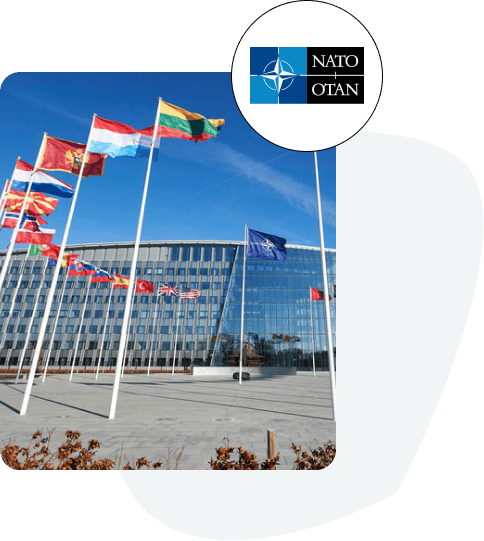
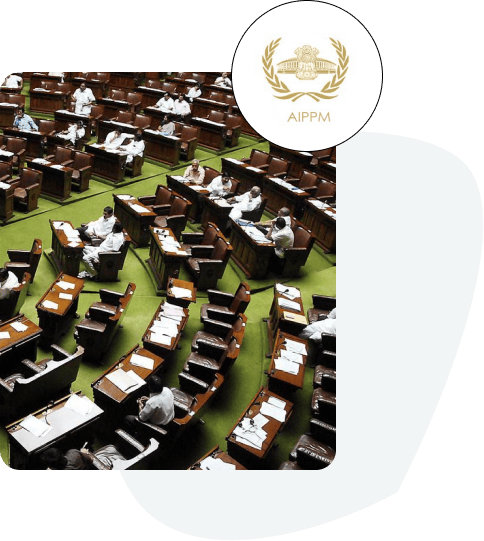
All India Political Parties Meet
The AIPPM constitutionally the House of the People, is the lower house of
India’s bicameral Parliament, with the upper house being the Rajya Sabha.
Members of the Lok Sabha are elected by an adult universal suffrage and a
first-past-the-post system to represent their respective constituencies, and they hold their seats for five years or until the body is dissolved by the President on the advice of the council of ministers. The house meets in the Lok Sabha Chambers of the Sansad Bhavan, New Delhi.
UN Press Corps
The Press Corps is a unique committee in that you will be assuming the role of international news organizations, covering the major events across all the substantive organs of INMUN. As a member of the press, you will have the opportunity to interview prime actors of the committees, write news articles and editorials, conduct press conferences.
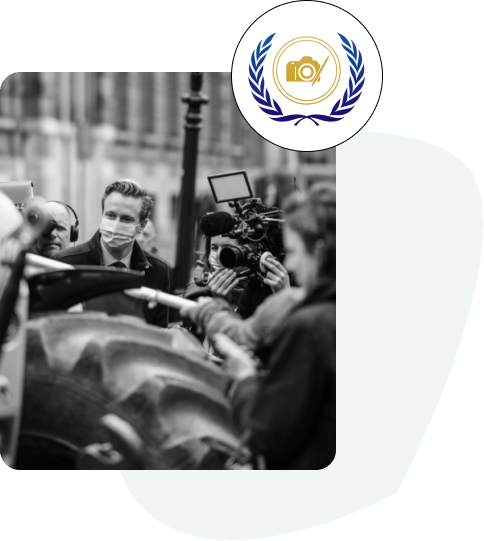
Brochure
“We can never obtain peace in the outer world until and unless we obtain peace within ourselves.”
Dalai Lama
